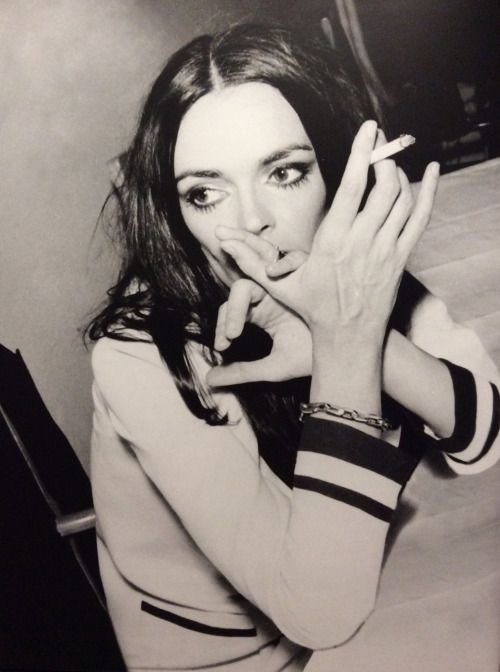
Poe in Cinema/Poe as Cinema
Georges Rivière is haughty. Like he smelled something bad. The script?
Here, in 1964’s Castle of Blood, playing a penurious dandy silly enough to spend the night in a haunted castle on a bet, Rivière seems to think aloofness will be all the protection he needs. It won’t be! Indeed, only one thing can save the film’s leading man from the visual shibboleths of a dying genre, and that’s the cameraman.
Camera artisan Riccardo Pallottini, playing savior and tormentor, coaxes Rivière onward while punishing his progress. Nobody would be more surprised than the late Signore Pallottini himself hearing his cinematography praised as “experimental”. And yet, this is Gothic Horror’s greatest master shot — a case of push and pull, whose tension and elasticity continue to create rebounding space 114 years after its creator’s birth: so praise it I shall.
With ace cameramen, point-of-view becomes a more problematic concept, as when George O'Brien wanders glazed through F.W. Murnau’s swamp in Sunrise. There, the camera sometimes recedes from the hero’s advance, sometimes lets him pass and follows him, sometimes loses him altogether to rediscover him later. While Castle of Blood’s cliches would seem to be the thumpingly obvious point — a door’s creaking swing illuminates a wall bristling with harnesses and cartwheels… zoom in as a black kitten abandons its lair in a piece of spangly lacework… an organ wheezes as the hero’s sputtering candle casts the impossible shadow of itself on the crumbling masonry — those same hackneyed moments synthesize utterly unexpectedly into cinema pur.

The Immaculate Contradiction of Barbara Steele
Any serious contemplation of the true extent of Barbara Steele’s gifts can reach only one, inevitable conclusion. There is no question of her being a good, often great, screen presence, but to say that in every meaningful sense her abilities end there, is to admit one thing: she is not highly skilled as an “actress.”
To be fair, the experience gained as part of the stable of starlets of the J. Arthur Rank Organisation is no equivalent to a season or two at the Moscow Art Theatre. But what she emits from the screen is far more important — at least to me — though precisely what I’ve been pursuing for the past twenty years, will probably always remain a mystery.
What I can identify is the concrete workings of Barbara Steele’s magic.
“I recognise the expression on fans, a kind of sexual melting,” says Steele herself, though she would never admit that — from the denizens of mom’s basement to intellectuals performing their cleverness — her screen-image reaches across decades to find acolytes who liquefy on the spot. Here, a complete list of the various symptoms defining “magic” must include Andre Breton’s dream, which Steele brings to fruition six years before his death, thereby making the Surrealist impresario a bonafide prophet: "Beauty will be CONVULSIVE or will not be at all."
Nor does Jean-Paul Török ooze into nothingness before the lightning flash Black Sunday (1960).
Instead, he spasms for us all.
When aesthetic admiration is absolutely fused with desire and terror, it "blacks out”…. Where are your vaunted intelligence and your cultivated taste when everything in you freezes and is fascinated before the revelations of the utmost horror? Beneath the flowing robe of this young woman with so beautiful a countenance there appear, distinctly, the tatters of a skeleton. Is she any less desirable?

